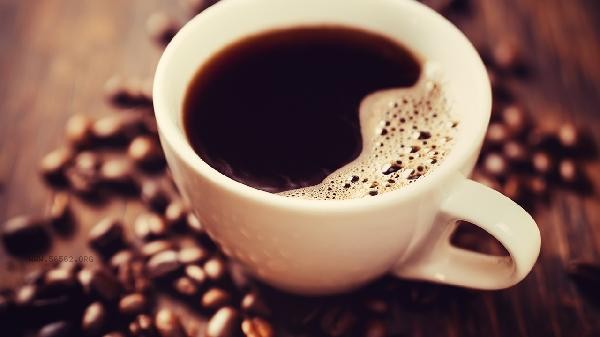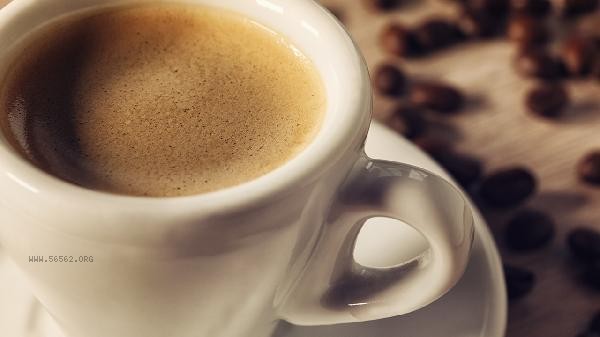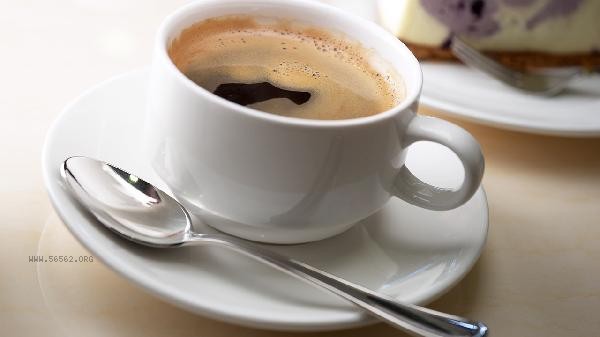Drinking black coffee without exercise is often difficult to achieve significant weight loss effects. Black coffee may have a slight weight loss effect by promoting metabolism and suppressing appetite, but it has limited calorie consumption and lower fat loss efficiency when lacking exercise. The caffeine in black coffee can indeed increase basal metabolic rate in the short term, helping the body burn a small amount of calories. At the same time, the excitatory effect of caffeine may suppress some appetite and reduce food intake. But relying solely on this effect, the additional daily calorie consumption is only equivalent to a few biscuits, and long-term consumption may develop tolerance. If the dietary structure is not adjusted, the intake of high calorie foods will still lead to calorie surplus, and even drinking black coffee cannot offset the excess calories.

In special circumstances, some individuals may experience significant loss of appetite due to caffeine sensitivity, or have gastrointestinal dysfunction that limits nutrient absorption and may result in short-term weight loss. But this weight loss method can easily cause adverse reactions such as malnutrition and palpitations, and the body weight is prone to rebound after stopping drinking. Excessive caffeine may also stimulate gastric acid secretion, induce gastritis or affect sleep quality, and instead hinder fat metabolism.

It is recommended to use black coffee as an adjunct to exercise and dietary management. Drink no more than 400 milliliters per day and avoid drinking on an empty stomach. It is necessary to synchronously control the intake of refined carbohydrates and high-fat foods, and engage in aerobic exercise and strength training every week. Long term healthy weight loss still requires establishing a calorie deficit, and relying solely on caffeine cannot achieve sustainable body fat reduction. If necessary, consult a nutritionist to develop personalized plans.







Comments (0)
Leave a Comment
No comments yet
Be the first to share your thoughts!